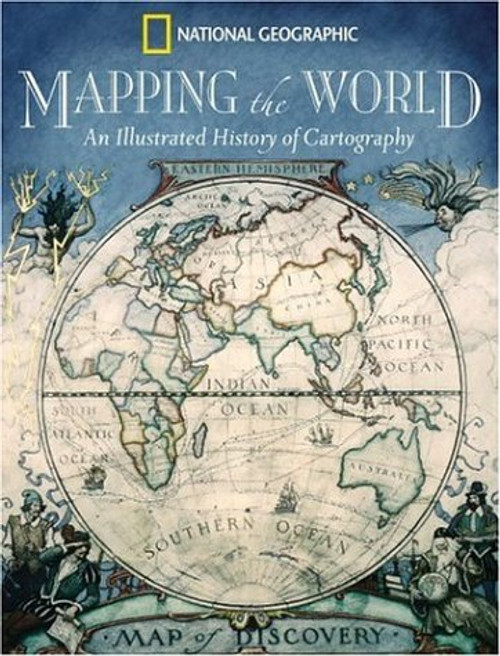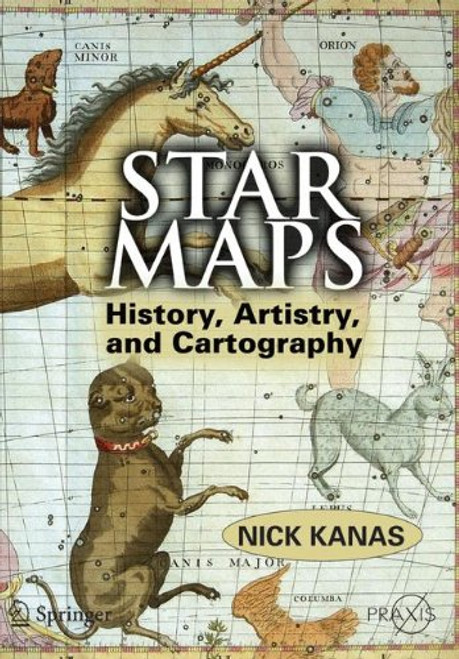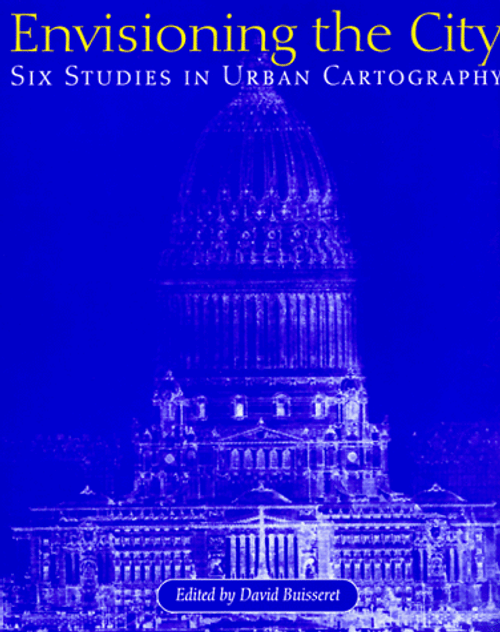Product Overview
In this collection of essays J. B. Harley (1932-1991) draws on ideas in art history, literature, philosophy, and the study of visual culture to subvert the traditional, positivist model of cartography, replacing it with one that is grounded in an iconological and semiotic theory of the nature of maps. He defines a map as a social construction and argues that maps are not simple representations of reality but exert profound influences upon the way space is conceptualized and organized. A central theme is the way in which powerwhether military, political, religious, or economicbecomes inscribed on the land through cartography. In this new reading of maps and map making, Harley undertakes a surprising journey into the nature of the social and political unconscious.










